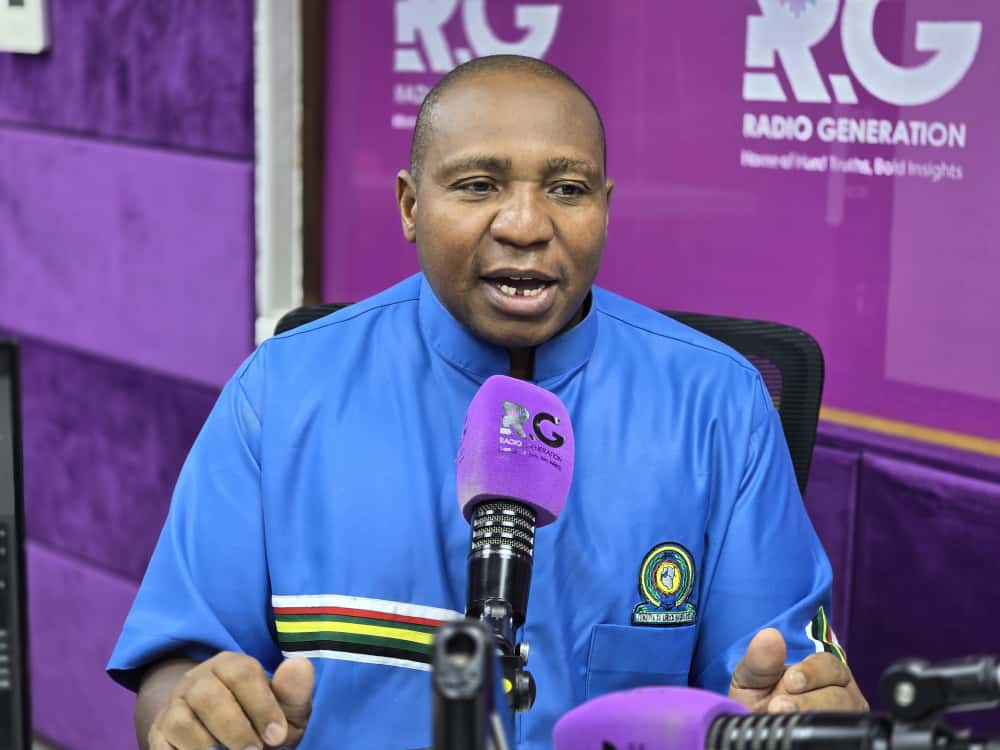East African Legislative Assembly (EALA) Member of Parliament David Sankok has warned Kenyan activists against what he described as unwarranted interference in the internal affairs of other East African Community (EAC) countries.
Speaking on Radio Generation, Sankok emphasized that each EAC nation remains sovereign and must be respected until a formal confederation or unified East African government is established.
"Even if we are in East Africa, we still have Kenya being governed by the Kenyan constitution. Until that time when we have the political union which will have East African Confederation under one government, we still have sovereignty of each individual state," he said on Thursday.
Sankok’s remarks follow incidents in which Kenyan activists, lawyers, and civic leaders including Martha Karua, Willy Mutunga, Hanifa Adan, Hussein Khalid, and Boniface Mwangi, were detained, denied entry, or deported when attempting to travel to Tanzania to observe the treason trial of opposition leader Tundu Lissu.
“Kenyan activists must understand that Uganda, Tanzania, and other EAC nations have their own systems and sovereignty. Until we have a confederation, no one has the mandate to dictate policies or governance issues across borders,” he added.
The EALA MP noted that while activism is important for promoting democracy and human rights, it should not undermine the sovereignty of neighboring states. He urged civil society actors to respect the constitutions and legal frameworks of other EAC member countries.
“Let us respect the constitution and affairs of other East African countries for the sake of our brothers doing business in those countries,” Sankok argued.
Tundu Lissu, a Tanzanian opposition leader, was arrested on April 9, 2025, following a political rally in Mbinga, southern Tanzania, where he participated in CHADEMA’s “No Reforms, No Election” campaign.
He was subsequently charged with treason, a non-bailable offense in Tanzania, for what authorities described as incitement of rebellion.
The East African Community has long promoted regional integration through shared markets, infrastructure, and the goal of eventual political federation.
However, political unity remains complex, with sovereignty concerns regularly emerging among member states.
Sankok’s comments echo broader calls from regional leaders for activists and civil society actors to balance advocacy with diplomacy and respect for national boundaries.

